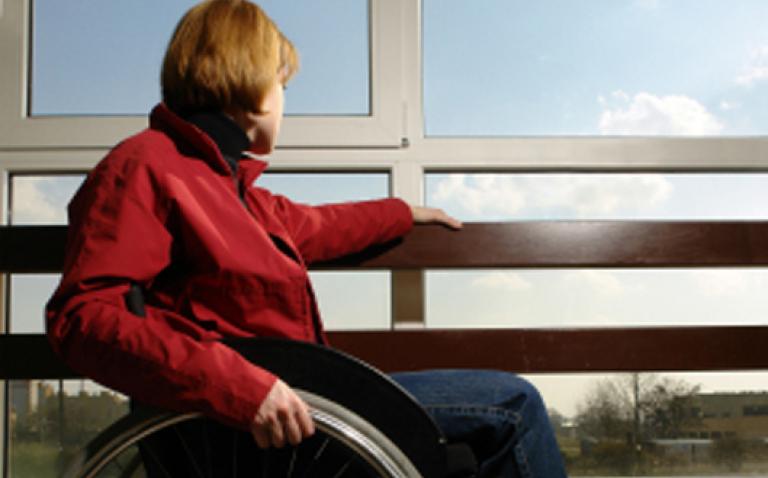The Committee for Medicinal Products for Human Use (CHMP) of the European Medicines Agency (EMEA) has issued a positive opinion recommending marketing authorisation of a new formulation of Rebif (interferon beta-1a) for the treatment of relapsing multiple sclerosis (MS).
The new formulation has been developed to increase treatment benefit by improving injection tolerability and reducing immunogenicity.
The CHMP recommendation will now be considered by the European Commission, which will deliver its final decision on the granting of the marketing authorisation.
Rebif, which was originally approved in Europe in 1998, has been proven effective on the following three key measures of treatment effectiveness: MRI lesion area and activity, relapse rates, and disability progression.
“Merck Serono’s efforts over the years to continuously provide enhanced therapeutic solutions for patients with multiple sclerosis are commendable,” said Professor Per Soelberg Sørensen, from the Danish MS Research Center, Copenhagen University Hospital, Rigshospitalet.
“Clinical trial data show that the new formulation of Rebif offers promising improvements which could translate into additional benefits to the patient.”
One-year (48-week) data from an ongoing two-year (96-week) Phase III study of the new formulation of Rebif were presented at the 17th Meeting of the European Neurological Society (ENS), in Rhodes, Greece.
The data showed that the rate of injection-site reactions in patients with MS who received the new formulation of Rebif over one year was three times lower when compared with historical data from previous trials.
The data also showed that 13.9% of patients treated with the new formulation of Rebif had neutralising antibodies after one year’s treatment.
The results at one year showed that patients who tested positive for neutralising antibodies at both 24 and 48 weeks represented 2.5% of the patients.
The most frequent side effect was flu-like syndrome, which is typical of interferon therapy.
Flu-like syndrome tends to be most prominent at the initiation of therapy, is relatively easy to treat and decreases in frequency with continued treatment.










